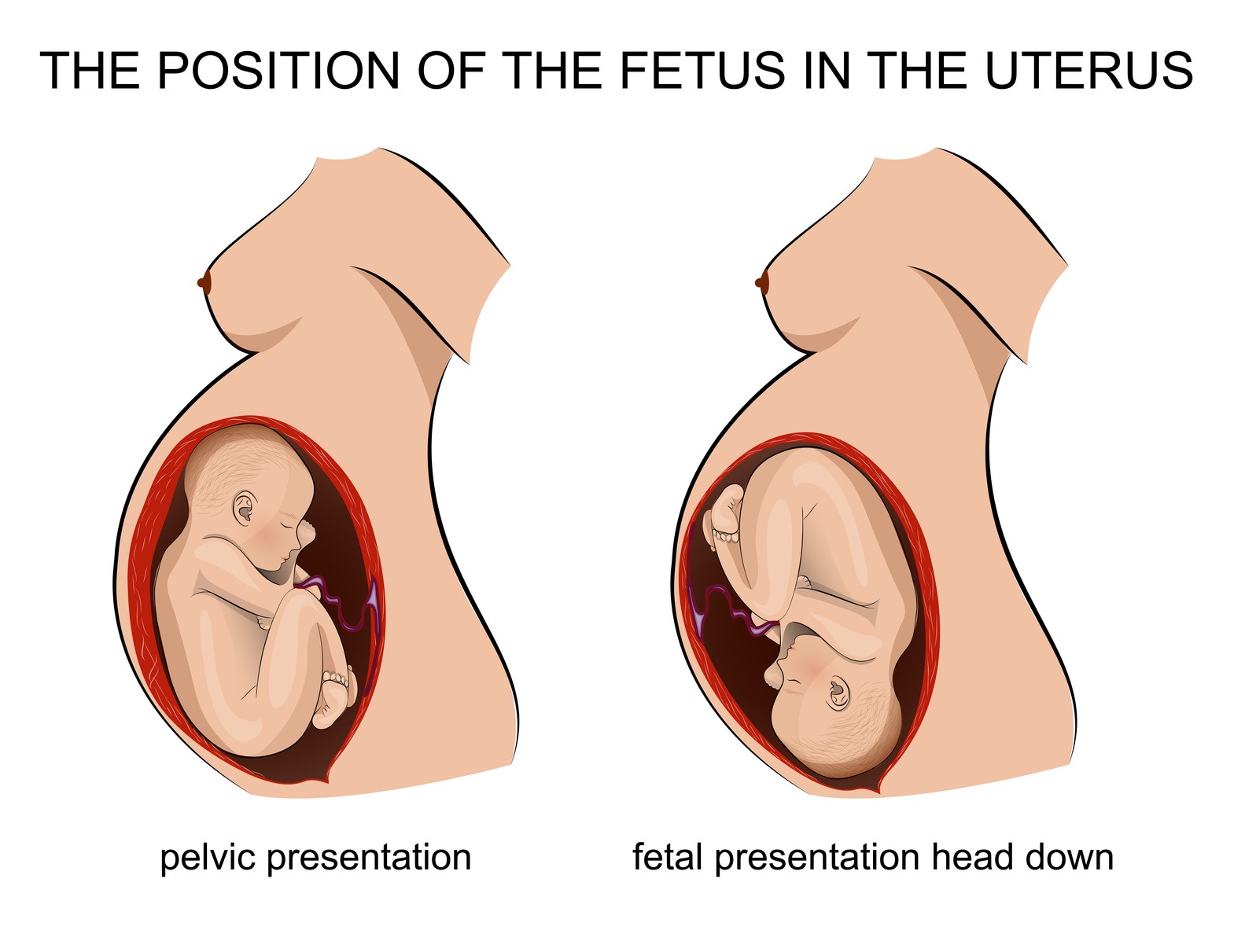
“Breech baby” refers to a situation in which a baby is positioned with his or her feet down rather than head down during delivery. It happens in about 3-5% of pregnancies and can lead to many complications, including the cutting off of the baby’s oxygen supply via the umbilical cord. A doctor has a duty to recognize a breech baby and take precautions to ensure a safe pregnancy.
If a baby is delivered in the breech position and suffers injury or harm, the parents may have grounds for a medical malpractice lawsuit against the doctor. A malpractice lawyer from Newsome | Melton can help. For a free case evaluation, call 888-526-8947.
Liability for Complications from a Breech Delivery
Babies spend most of their gestation in the feet-down position. But in a normal, healthy pregnancy, the baby turns during the final weeks of pregnancy, positioning his or her head down to prepare for birth. In the rare case this step does not happen, a medical practitioner must act to promote a safe delivery. The doctor’s options include trying to manually turn the baby or, failing that, ordering a C-section delivery.
If your baby remains in the breech position late in pregnancy, your doctor should be able to feel through your stomach that the baby has not yet turned. A doctor who fails to take this step and hence does not realize a breech birth is taking place when labor begins has likely committed negligence. The same is true for a doctor who recognizes a breech baby but does not take aggressive enough steps to respond to the situation.
Risk Factors That Increase the Chance of a Breech Baby
Several risk factors make certain women more likely to deliver breech babies, including:
- Multiple past pregnancies
- Multiple babies in one pregnancy
- Previous premature births
- Too much or too little amniotic fluid
- Uterine complications, such as fibrosis or an abnormal shape
- Placenta previa
If you have one or more of these risk factors, your doctor should recognize it and be vigilant about screening you for a breech pregnancy as your due date approaches. A doctor who fails to take this step may be liable for malpractice if a breech delivery occurs and leads to the baby’s harm.
Call Newsome | Melton Today for a Free Breech Baby Medical Malpractice Evaluation
The medical malpractice lawyers at Newsome | Melton can help you recover damages from your doctor. If your baby suffered injuries from a breech delivery, we want to hear from you. We offer a free consultation and work on a no-win-no-fee basis. Call us at 888-526-8947 to speak with a team member today.
Breech Baby - Frequently Asked Questions

Medical malpractice is a very active component of the American legal system. Each year, thousands of patients suffer pain and injury from the negligence of the medical community. If you have suffered an injury at the hands of a physician or medical team, you may be thinking about a medical malpractice lawsuit. You need to
Read More
A misdiagnosis of a serious medical condition can lead to substantial harm, unbearable pain and suffering, and, in worst cases, even death. Without a timely and accurate diagnosis, a severe illness or injury goes untreated, allowing it to grow, spread, and worsen. If a doctor misdiagnosed your condition and caused you to suffer harm, you
Read MoreBreech Baby - News Articles

Physicians have long recommended that women receive annual mammograms beginning at the age of 40. A mammogram is a diagnostic screening process in which low-energy X-rays are taken of the human breast, male or female. Instances of breast cancer are much more common in women, which is the reason for the annual mammogram recommendation put
Read More
According to the American Cancer Society, one out of every nine American men will be diagnosed with prostate cancer in their lifetimes. Due to advances in treatment, only one in 41 will die. The key is an early diagnosis. Michael E. Gunter, a Vietnam War veteran, was lucky to survive his bout with prostate cancer,
Read More